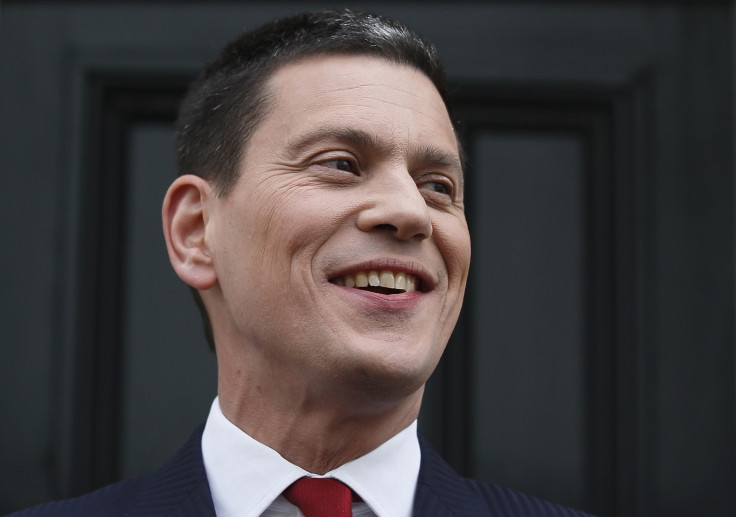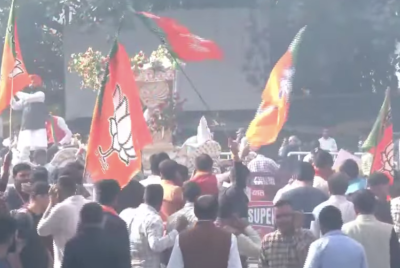David Miliband: 'Stop vilifying my brother Ed' over Labour's election defeat

David Miliband's political silence has been well and truly broken after he launched a searing critique of Labour's election defeat.
The former foreign secretary, who lost the Labour leadership contest in 2010, accused his party of turning backwards under his brother Ed Miliband's leadership, a move which dearly cost Labour as the Tories secured a shock majority at the general election.
The International Rescue Committee chief told CNN: "The public have concluded that, instead of building on the strengths and remedying the weaknesses of the [Tony] Blair years, the party has turned the page backwards rather than turned the page forwards."
Miliband took the New York based top charity job in 2013 after resigning from the House of Commons and triggering a by-election in his South Shields seat. The 49-year-old remained relatively quiet during Ed's leadership and in the run-up to the election.
But David has been vocal since Labour lost 24 seats and Cameron won the first all-Tory government in a generation, a result Miliband described as "very sobering".
Labour's defeat was "doubly painful" because of his brother's involvement, he told the Times.
"I don't want him to be hurt and I don't want him to be vilified," he said.
"There is no consolation in any sense of vindication, frankly, because I care about the country and I care about the party."
The public have concluded that, instead of building on the strengths and remedying the weaknesses of the [Tony] Blair years, the party has turned the page backwards rather than turned the page forwards.
In his latest post-mortem, the Blairite called on the party's leadership candidates to "find again that combination of economic dynamism and social justice".
"It's the responsibility of all of the candidates to find again that combination of economic dynamism and social justice that defined the success of the Labour Party in the 1990s and early 2000s. But also the success of democratic parties in the US, of centre-left parties in Europe as well."
Meanwhile, Ed Miliband has quickly returned to the political fray, recently delivering his first speech from the back benches, where he pressed for the government to do more about in-work-poverty and warned about inequality.
"I believe this is an issue for both right and left. What's changed in the debate about inequality is that, internationally and across the political spectrum, there is growing recognition that these gaps are not just bad for the poor – as we used to believe – but bad for all of us," the younger Miliband said.
"More [unequal] societies are societies that tend to use the talent of fewer people and suffer as a result...This issue will not go away and it needs to be confronted."
Ed's successor will be announced at a special Labour conference on 12 September. The event will be held less than a month before David's keynote speech to business leaders at the Institute of Directors' (IoD) annual convention in London.
Andy Burnham, a former health minister, is tipped to win the leadership race but the Leigh MP faces competition from Yvette Cooper, Liz Kendall, Mary Creagh and Jeremy Corbyn.
© Copyright IBTimes 2025. All rights reserved.





















